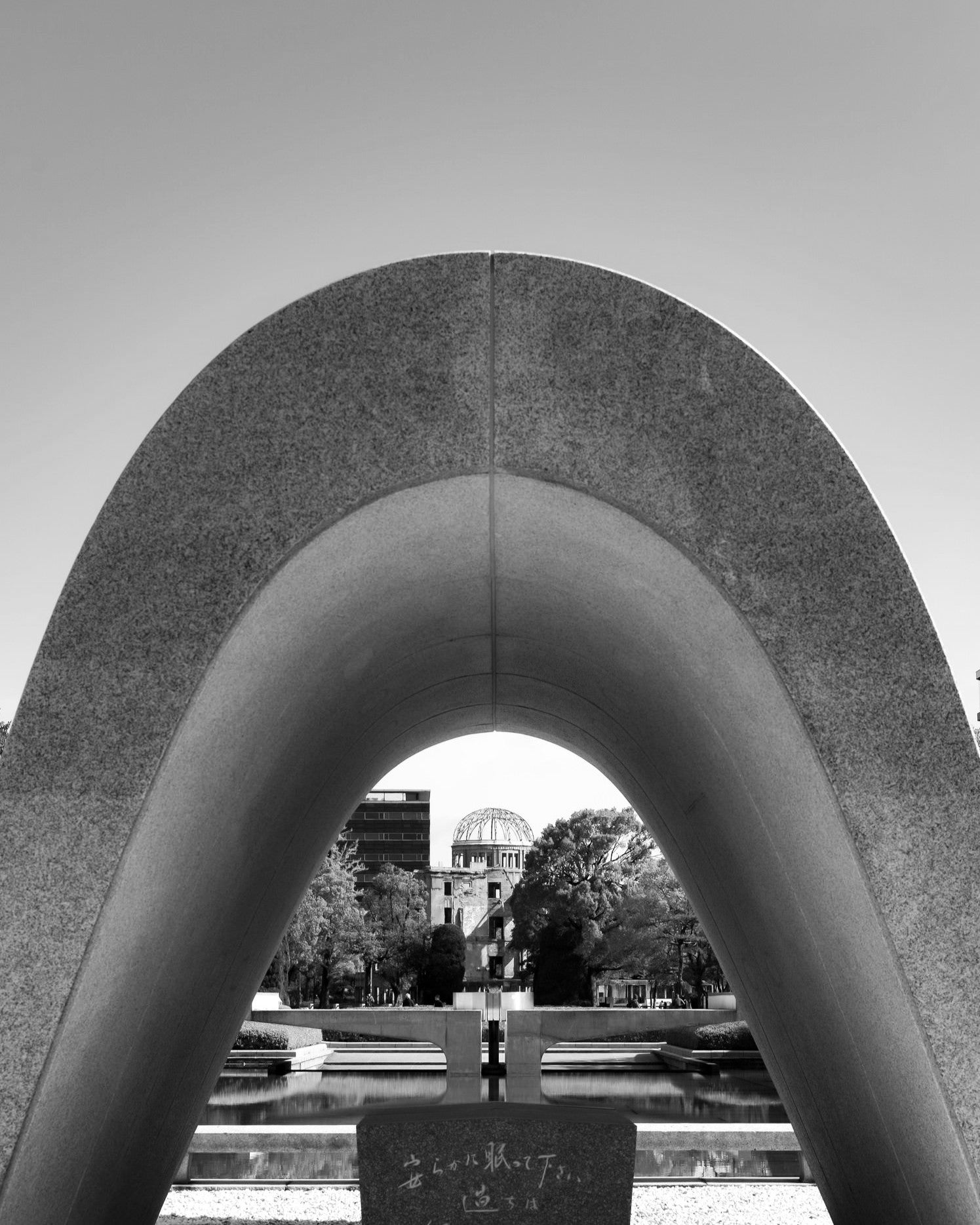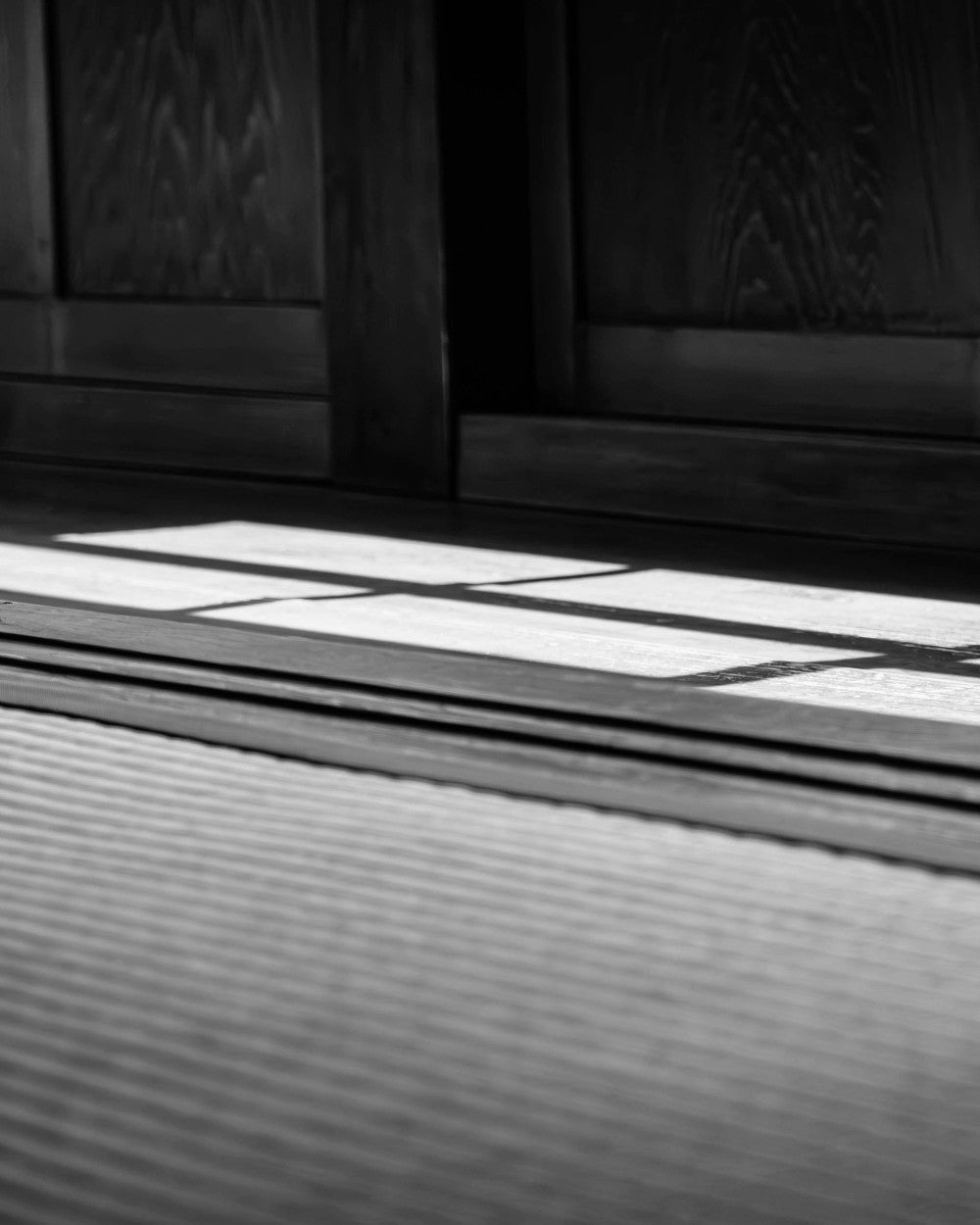A quiet beauty resides in what is not perfect.
For example, a cracked teacup, a faded wooden pillar, a rain-soaked stone garden.
It may not be perfect or new, but there is a soothing landscape that is different from the glamorous.
In Japan, this is expressed in the word “wabi-sabi” and engraved in our sense of beauty.
“Wabi-sabi" is a sensibility that finds beauty in the imperfection created by the passage of time.
This sensibility may seem alien in today's world, where newness and convenience are so important.
“Wabi" refers to simplicity and the mind that knows what is enough.
“Sabi" refers to the taste and serenity that resides in things that are growing old.
It is not just an appreciation of old things, but an acceptance of the fact that time has been woven into them.
They quiet the viewer's mind, freeing him or her from the pain of greed that gives birth to more greed, and teaching peace of mind.
Wabi-sabi is not something to be displayed outwardly, but something to be felt inwardly. It is the ancient wisdom of living, which is to understand one's own heart and mind, and to be close to nature, rather than being caught up in the capitalism of mass production and mass consumption.
A story of quiet mind and peace, on your skin.
Japanese culture and Buddhist teachings breathe a spirit that guides one toward harmony within connections to nature and others.
Amidst busy days, some choose to inscribe Japanese kanji tattoos as a way to make that spirituality a talisman for their way of life.
haikei designs are not mere decoration; they reflect your inner spirituality and serve as expressions that guide your life's path.
Furthermore, the words of kanji carry a quiet prayer: a prayer for peace for all people worldwide, born from the realization of the preciousness of valuing yourself and, in turn, valuing others equally.
Read more

It may be the essence of peace that the heart does not ripple. What is peace? Peace" as spoken of in the media is often spoken of in the context of national and international affairs. The absence o...

What is Hiroshima Peace Memorial Park? Learn about the past and pray for peace. To connect the memories of war to the future.In Hiroshima, there is a place that has overcome the most destructive m...
